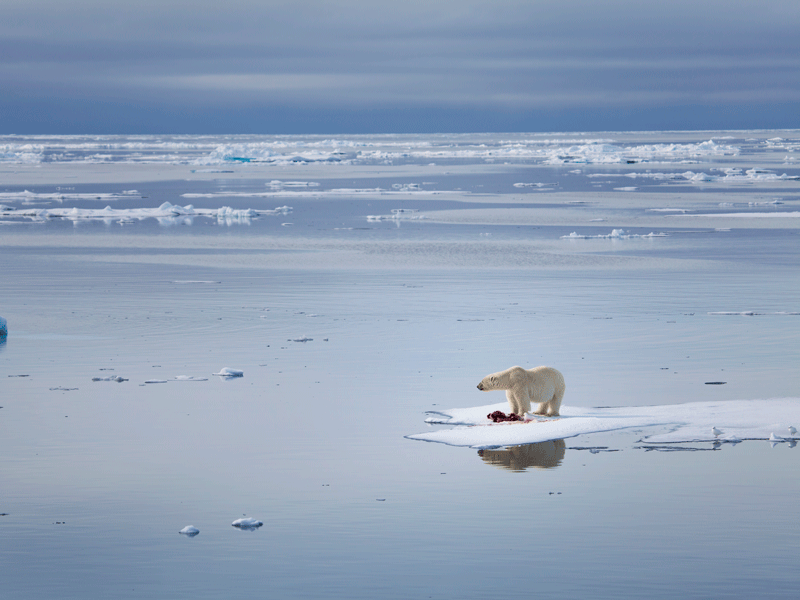Landmark UN climate report warns of disaster by 2040
The UN’s climate committee has warned that we face a global climate crisis if we continue on our current path. The report also maps out a number of pathways that must be taken to ensure we curb global temperature rises

The UN's report stresses that a 1.5-degree rise in the Earth's temperature must be adhered to in order to prevent irreparable damage to the natural world
According to a report released by the UN’s Intergovernmental Panel on Climate Change (IPCC), the world is on course for a climate catastrophe if we do not keep global warming in check.
The report, which references more than 6,000 scientific works, states that a 1.5-degree temperature rise must be adhered to if we are to protect and preserve our world for future generations. This limit is achievable and affordable, the report says, but will require “rapid, far-reaching and unprecedented changes in all aspects of society”.
Scientists estimate that continuing on our current path would cause $54trn of damage
The 1.5-degree figure is the lower limit set by the Paris climate accord in 2015, which recommended that global warming be kept between 1.5 and two degrees between now and 2040.
Scientists now agree, however, that even a two-degree rise would have disastrous consequences for marine life, coastal cities and sea ice. For instance, a 1.5-degree increase would preserve up to 30 percent of the world’s coral reefs; a two-degree rise, meanwhile, would see 99 percent of reefs irreparably destroyed. Likewise, sea levels would be 10cm higher with a two-degree rise, and would affect 10 million more people.
The world is currently one degree warmer than the pre-industrial level referenced in the Paris Agreement. While that doesn’t seem like a huge figure, the report makes clear that this rise has already accelerated climate change, causing devastating events such as hurricanes in the US, forest fires in the Arctic and record droughts in Cape Town.
The IPCC has mapped out four pathways to achieving the lower-level temperature rise, each with different combinations of technological development and the repurposing of land. Common to all of the plans is reforestation, shifts to electric transport systems and the adoption of carbon capture technology.
According to the report, adhering to the 1.5-degree benchmark will necessitate “annual average investment needs in the energy system of around $2.4trn” between now and 2035. Although a considerable sum, that figure is significantly cheaper than the projected cost if we allow climate change to spiral out of control. Scientists estimate that continuing on our current path, precipitating a three-degree temperature rise by 2040, would cause $54trn of damage.
The IPCC report makes it clear that the 1.5-degree rise target is possible, but it necessitates a concerted and collaborative international effort. It sets out achievable pathways to limiting climate change, but it is not the responsibility of the IPCC to enforce them. As Dr Stephen Cornelius, chief advisor on climate change at the World Wildlife Foundation, said: “We have the targets, we have the solutions and the difference between impossible and possible is political leadership.”













